Converting a Die-hard Meat Eater

This is a symbol for vegetarians and vegans.
I couldn’t decide how to start this article. In truth, I was debating between the following: maybe some sort of witty pun, perhaps a personal story, possibly a long list of all the B.S. reasons the majority of people use to explain why they think vegans’ and vegetarians’ arguments for their dietary lifestyle are a joke. I was going to use that last one sarcastically to prove a strong case of ignorance against those people, only then to realize that maybe the sarcastic part would be missed, seeing as the people who purposefully ignore the validations of others’ thoughts and feelings are also the same people who probably aren’t intelligent enough to recognize clever sarcasm when they’re faced with it.
That got me thinking.
I opened Safari and Googled the following: “Things Vegans and Vegetarians Say.”
I wish I could say the results shocked and disappointed me, but a fundamental rule of journalistic writing is that you do not lie.
The first five articles that popped up were the following:
“4 Reasons Why Becoming a Vegetarian is a F*cking Stupid Idea.”
“5 Things Vegetarians Say That Drive Meat-Eaters Crazy.”
“Worst things About Vegetarians.”
“Really Annoying things Vegans Say.”
“30 Things Vegans and Vegetarians Don’t Want to Hear Anymore.”
The last one was like a beaming streak of hope within the dark, bottomless pit that is a perfect example of human ignorance in America. Still, I couldn’t help but feel an overwhelming sense of disheartening hopelessness at the fact that four-fifths of the articles that came up expressed extremely negative views about issues that people can’t be bothered to take the time to really delve into and try to really understand the other sides of the argument.
I mentioned earlier that journalists pride themselves and their writing on honesty. So, if I am to truthfully continue with this honesty theme, I must confess my equally ignorant attitude, one that I had until about a month ago, when I happily gave up my meat-eating ways and became a vegetarian.
For years I laughed along at the “funny” jokes about vegans and vegetarians. I found a moment’s enjoyment of idiotic pleasure at this “humor” whenever I heard them, and like many others, I always idly laughed along. But putting aside the childish maturity – or lack there of – that I once possessed when it came to this topic, it is vital for all individuals to start actually paying attention to this issue.
I get it. Meat tastes good. I certainly won’t be the one to deny it! As happy as I am with my new dietary lifestyle, I will admit that there are times when I could really go for a hamburger, deliciously piled high with bacon and barbecue sauce. Or maybe a nice turkey sandwich with mayo and fresh vegetables. And last week when I was frustratingly ill with a stubborn cold, I would have killed for a big bowl of chicken noodle soup.
But putting aside the pleasurable taste factor meat used to give me, I cannot claim to be a caring, responsible, and involved citizen of this Earth if I continue to ignore the negative externalities that come along with the meat consumption of the world, particularly in America. The effects of meat consumption in America alone is an issue that is draining our natural resources, such is water, and taking up our fertile land. Just in general, the animal agriculture industry in America is a colossally damaging industry. There is no denying it’s power and influence on the American economy and the American government. In 2014 alone, the animal agriculture industry, with a heavy focus on the meat and poultry portions, made a whopping total income of $186 billion. This is a huge sum of money, and trust me when I say that the animal agriculture industry does not waste a dime. A portion of this income obviously goes to the employees of this industry’s salary, but what would surprise people is where the rest of it goes. Meat packing and distributing, transportation costs, land keeping, animal feeding, animal water consumption, the growth, production, and transportation of the soy and corn diet of the animals, and most disturbingly, the costs of prescription drugs for the animals, are all just some of the examples that the rest of this annual income contributes towards within this industry.
Now I realize that this is a difficult concept to try and grasp, so let’s pull this down and scale it at a level we can all more accurately fathom.
So let’s focus on California. I’ll ask you now to think about this state for a moment. What are we known for? Many factors may come to mind, and for me, they are: our liberals, our movie stars, and, whether you guessed it or not, our crippling drought.
I think it’s safe to say that the average Californian may be somewhat aware that yes, indeed, there is such a thing as the California drought.
If you didn’t, let me let you in on a little secret: there is, in fact, such a thing as the California drought.
You may even be one of those crazy-hippie-types that does your part to help conserve water. Gathering the occasional spat of rain water, installing appliances, such as laundry machines and toilets, that use less water than the average household appliance, turning off the sink while brushing your teeth, and the most common I’ve heard of: shortening your average shower time.
The average Californian consumes just about 1500 gallons a day.
By applying the water conserving tactics listed above, the average then drops by 40 gallons a day.
That means that the individual who believes they are “doing their part” to conserve water and help end this drought are still using well over one thousand gallons a day.
Now I know what you’re thinking: “But Sessi? How, oh how, am I still consuming all this water?”
Well, I’ll tell you! Through your diet!
Now, of course, we all have to drink water to survive, but still, the average American drinks about half a gallon of water a day. So where in the world is all that other water in our diets coming from?
Well, let’s go revisit that average Californian daily water consumption statistic. 1500 gallons. Almost half of that is meat and other animal by-product associated.
“Associated with meat and animal by-products? Sessi, is this just more of your crazy-hippie-talk?”
No it’s not. By association, this statistic refers to the startlingly large amount of water consumed to produce the meat and by-product commodities that you consume.
This brings us back to the animal agriculture industry of America. Annually, this industry consumes 34-76 trillion gallons of water. It is responsible for 80-90% of America’s annual water consumption, and 56% of that contributes to direct animal consumption or the growth of soy or corn for animal diets.
Remember that tasty hamburger piled high with bacon I mentioned not too long ago? To produce that one single hamburger takes, on average, 660 gallons of water.
Now compare that to the 40 gallons you are so proud to be conserving. If one continues to eat meat like one normally does, one need to face facts and really ask yourself what impact do you think you are making to positively affect your environment and save the planet?
I admit I probably sound very harsh. Trust me when I say that my point in writing this article wasn’t to ruin your day and make you second guess the impact of the steps you are taking to do your part. Truly, that is not my point at all.
The reason I am writing this article is simple: I want us to do right by our planet. By a random stroke of luck, and through years of impossibly complicated evolution, we homo sapiens have somehow been lucky enough to develop into the thoughtful, empathetic, and brilliant species we are. We are capable of accomplishing more than we know. We discover the reasons things around us are the way they are. We discover, through technology and medicine, ways to improve our daily lives. We are problem solvers. We are helpers. We are philosophers and thinkers. We are scientists. We are inventors. We are artists. We are leaders. We are revolutionaries. We have the power to come together and compromise to solve pressing issues that we feel need our attention. We have the power to tackle whatever comes our way, and yet, we allow a corrupt industry to tie blindfolds over our eyes and lead us closer and closer to the deadly cliff of environmental destruction. And what’s worse, by writing offensively titled articles, or perpetuating this mocking idea of certain dietary lifestyles, we are doing this destructive industry’s job for it. If we continue to allow this to go one, we are tying the blindfolds ourselves.
I am asking you to refuse to be led of that cliff. I am asking you to refuse to tie that blindfold. If society and school are failing in not educating you about the dangers of the animal agriculture industry and climate destruction, then I am asking you to take responsibility and educate yourself.
Together, we can pull through this and do right by our planet.

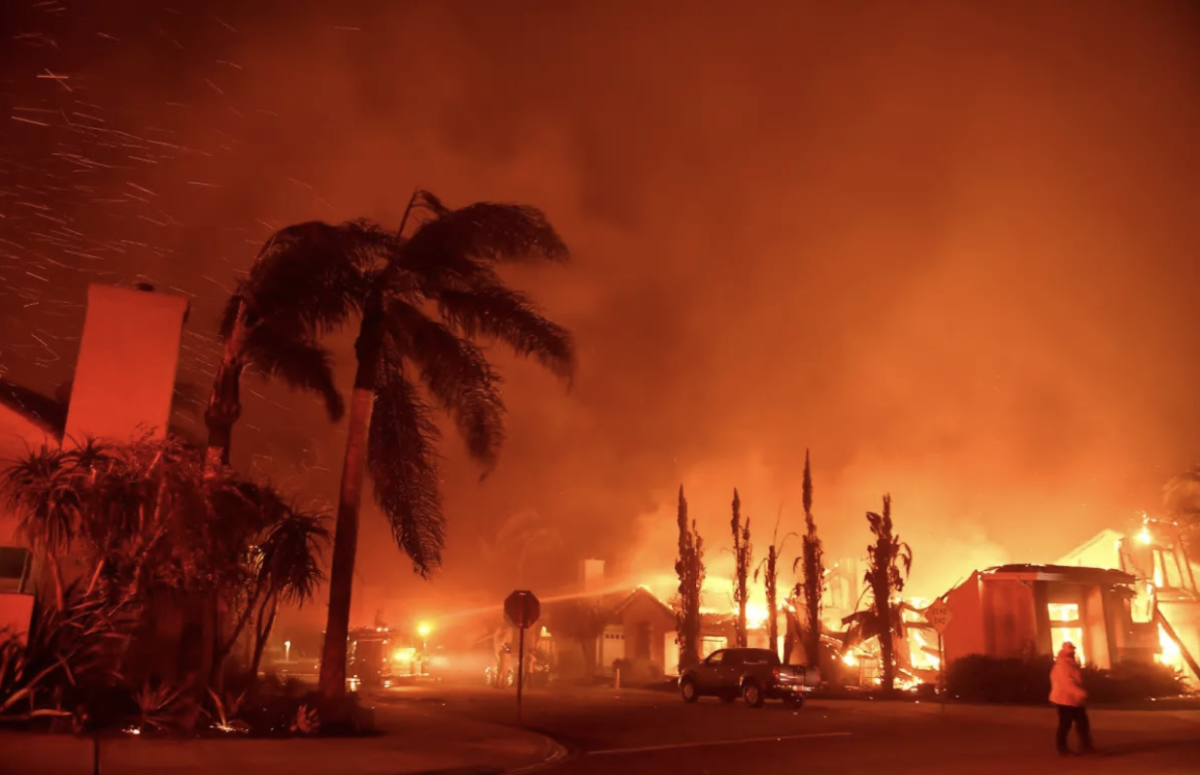

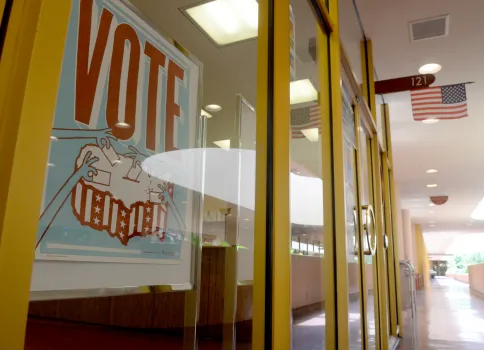
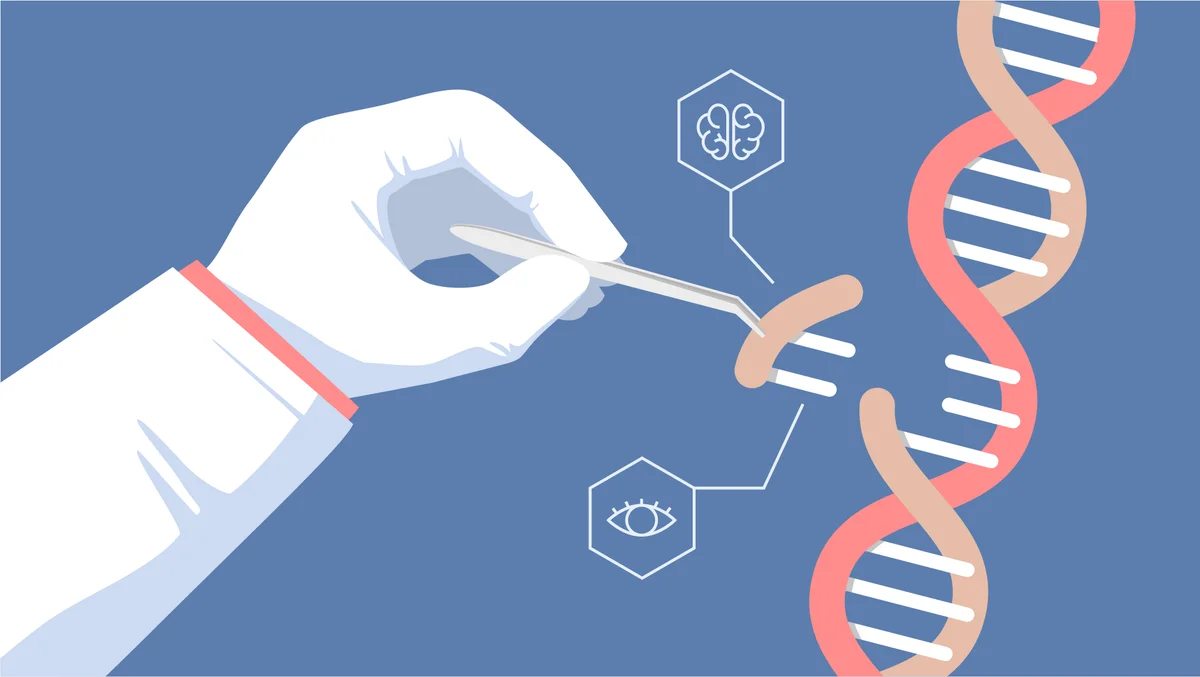




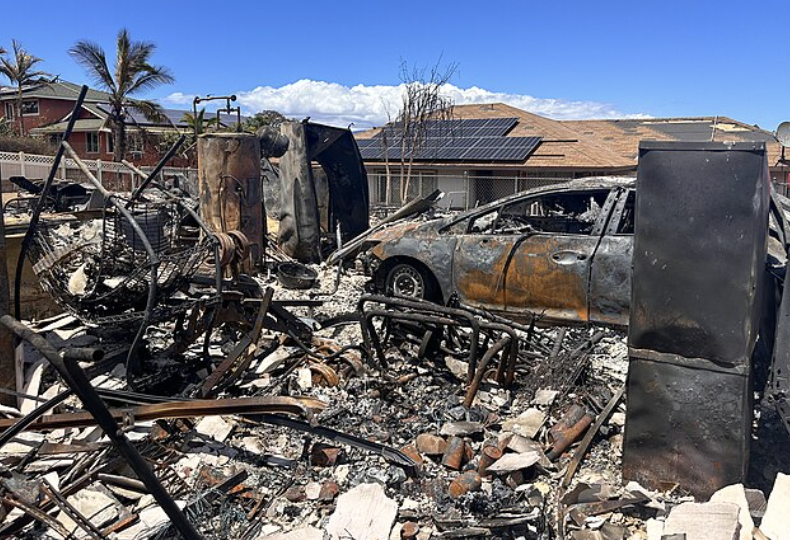
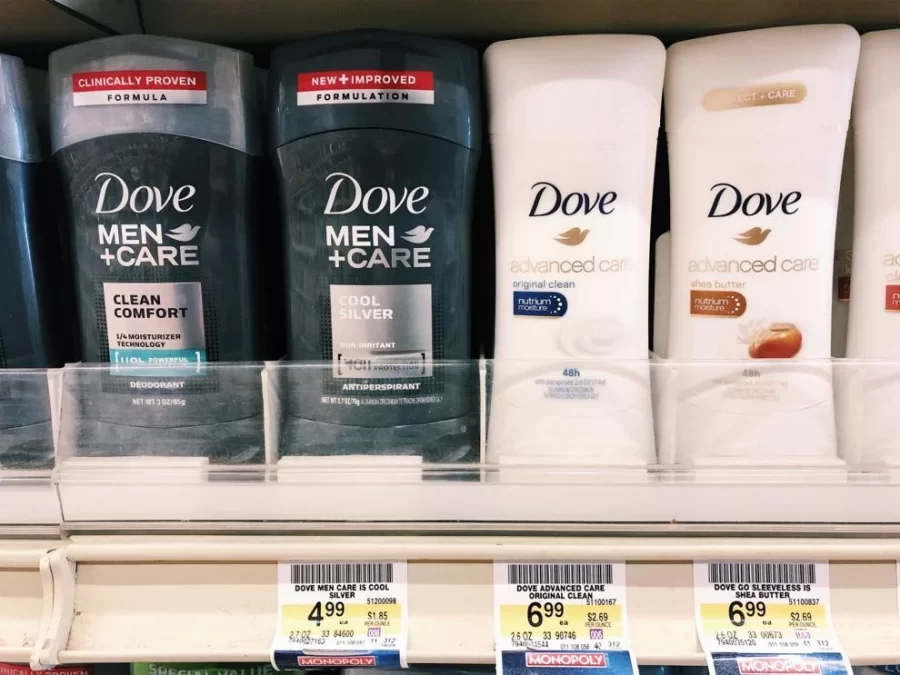
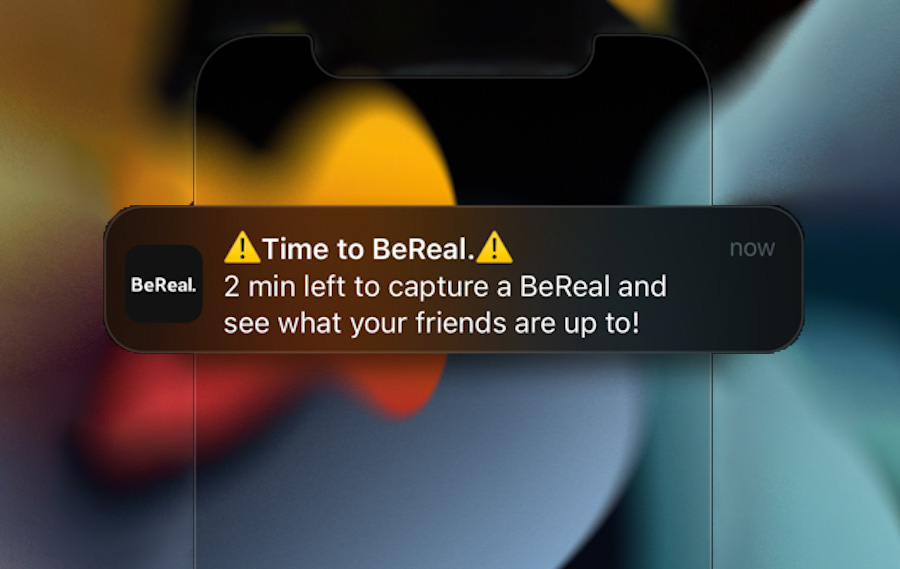
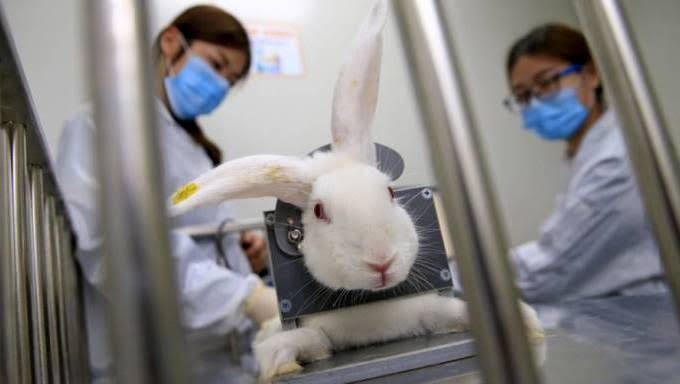
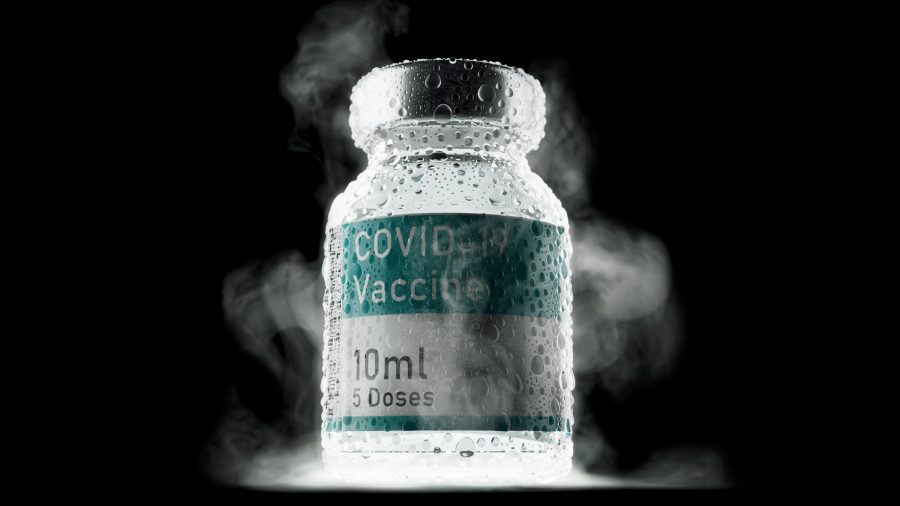


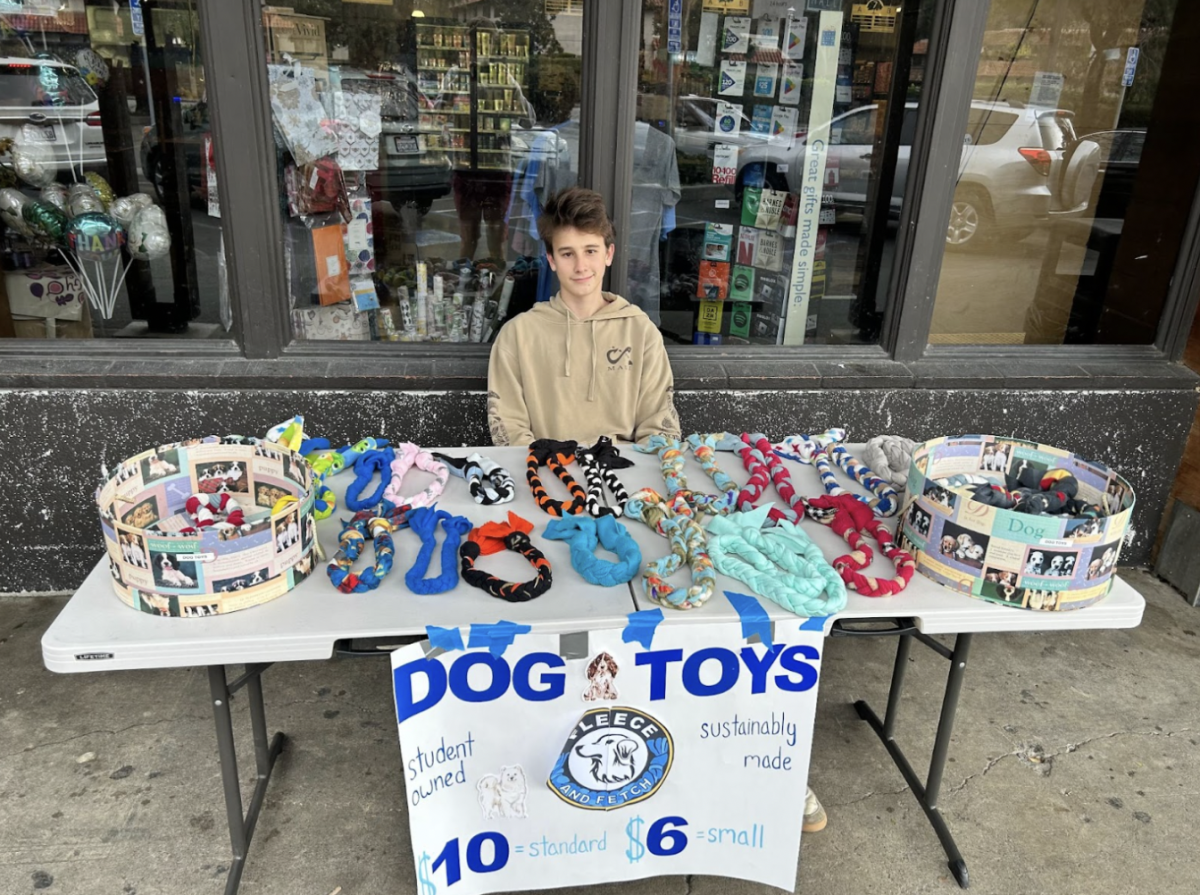
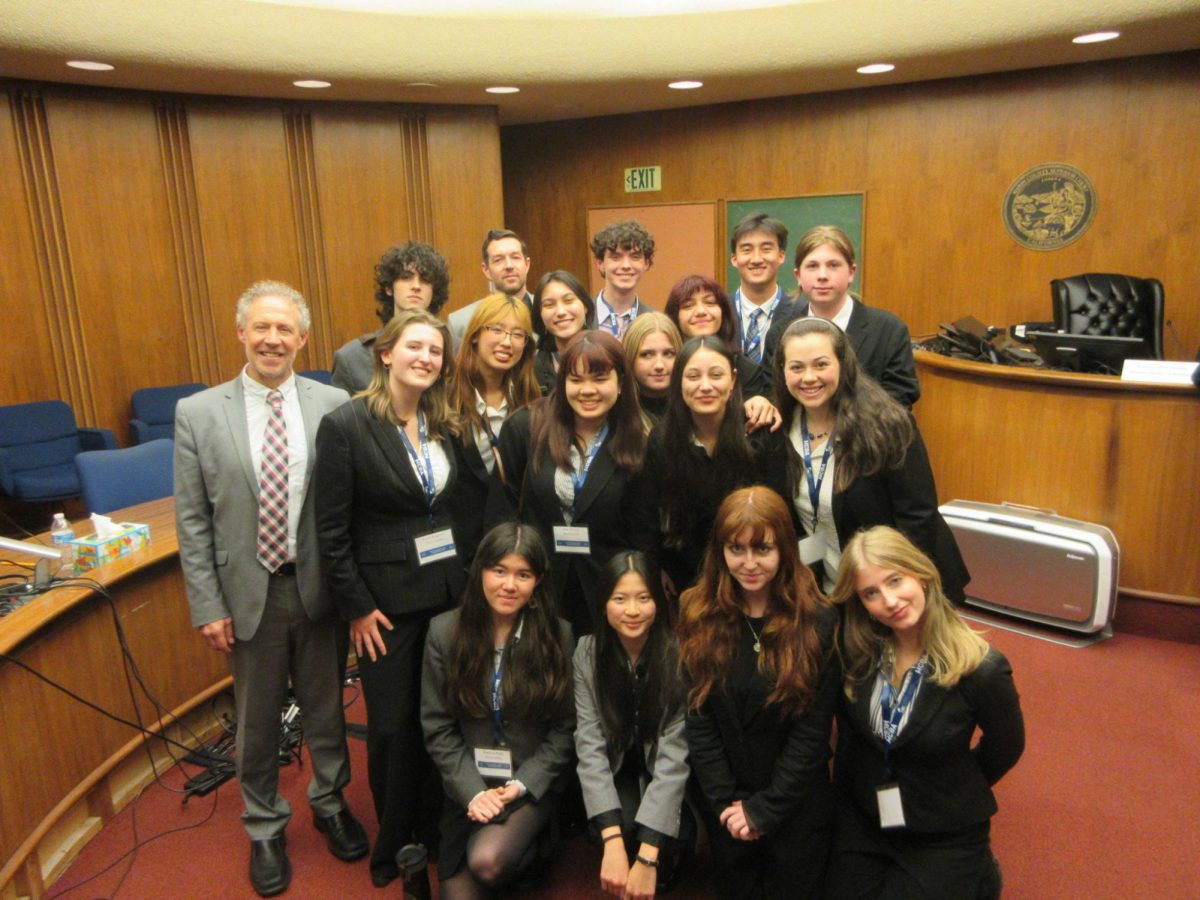
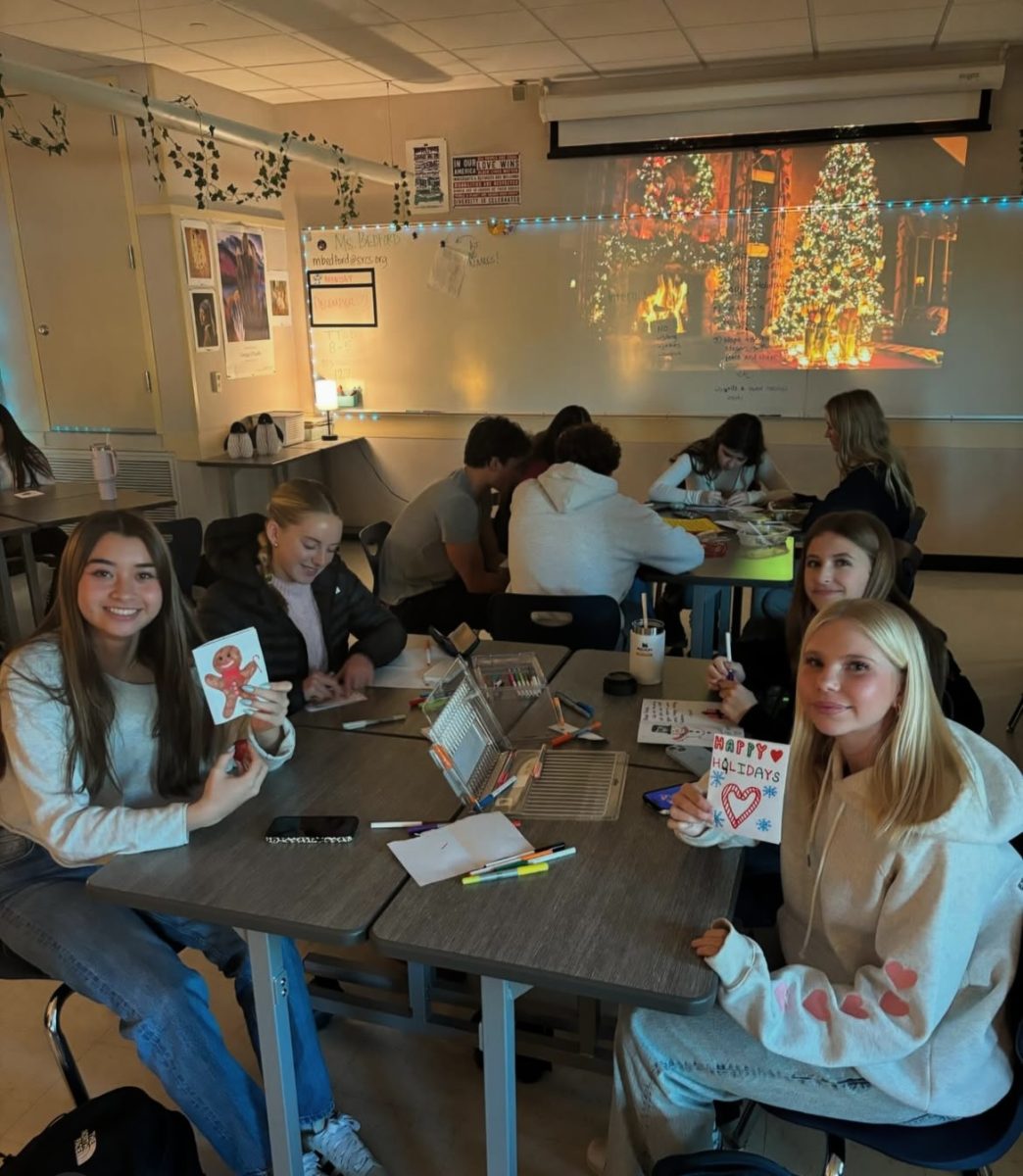
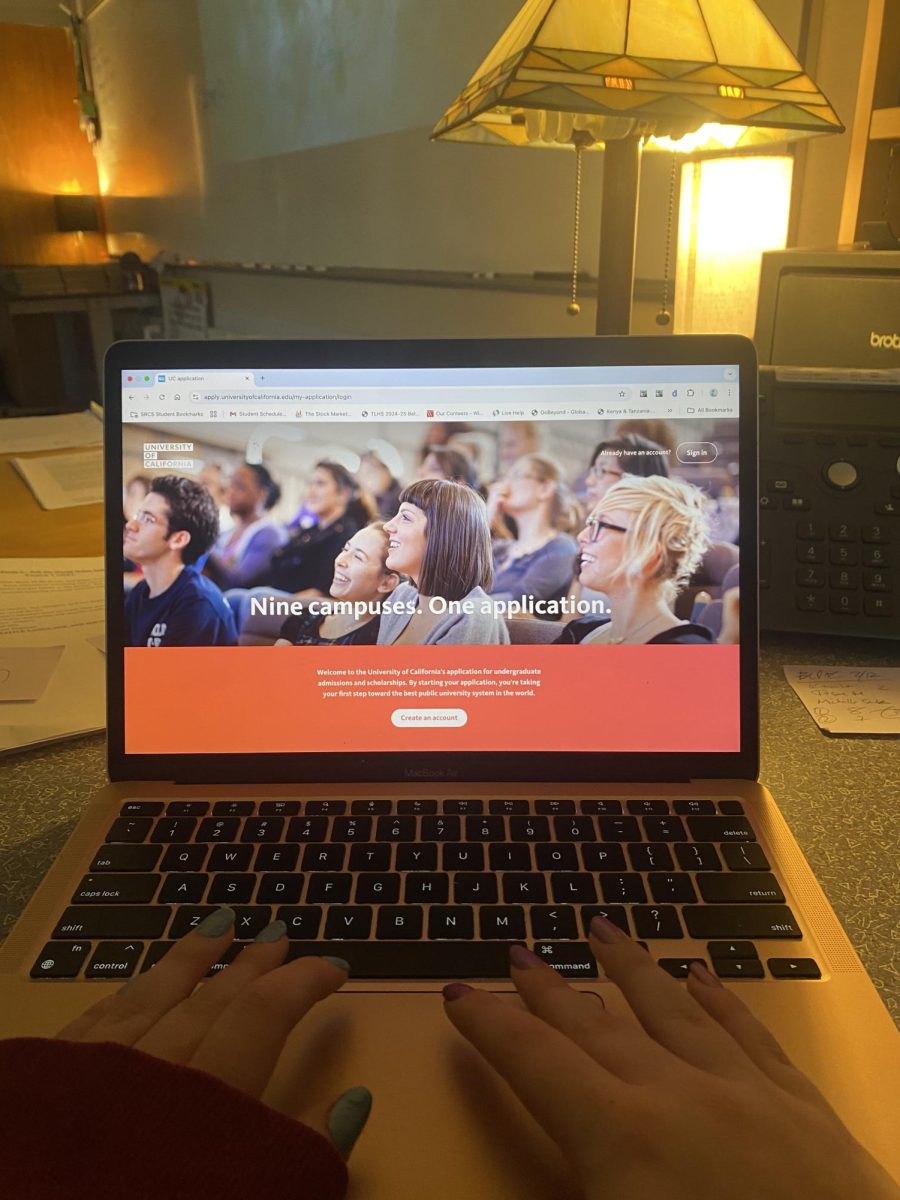
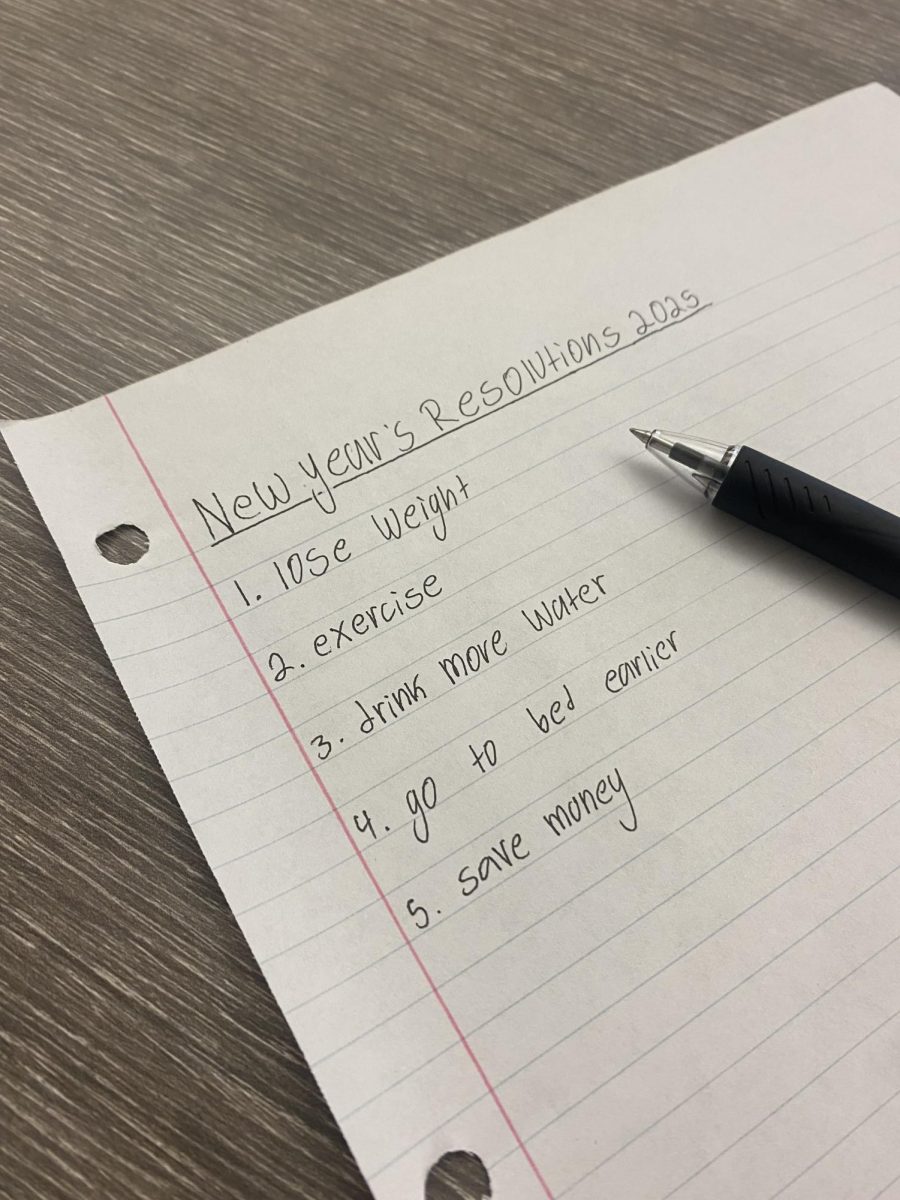
































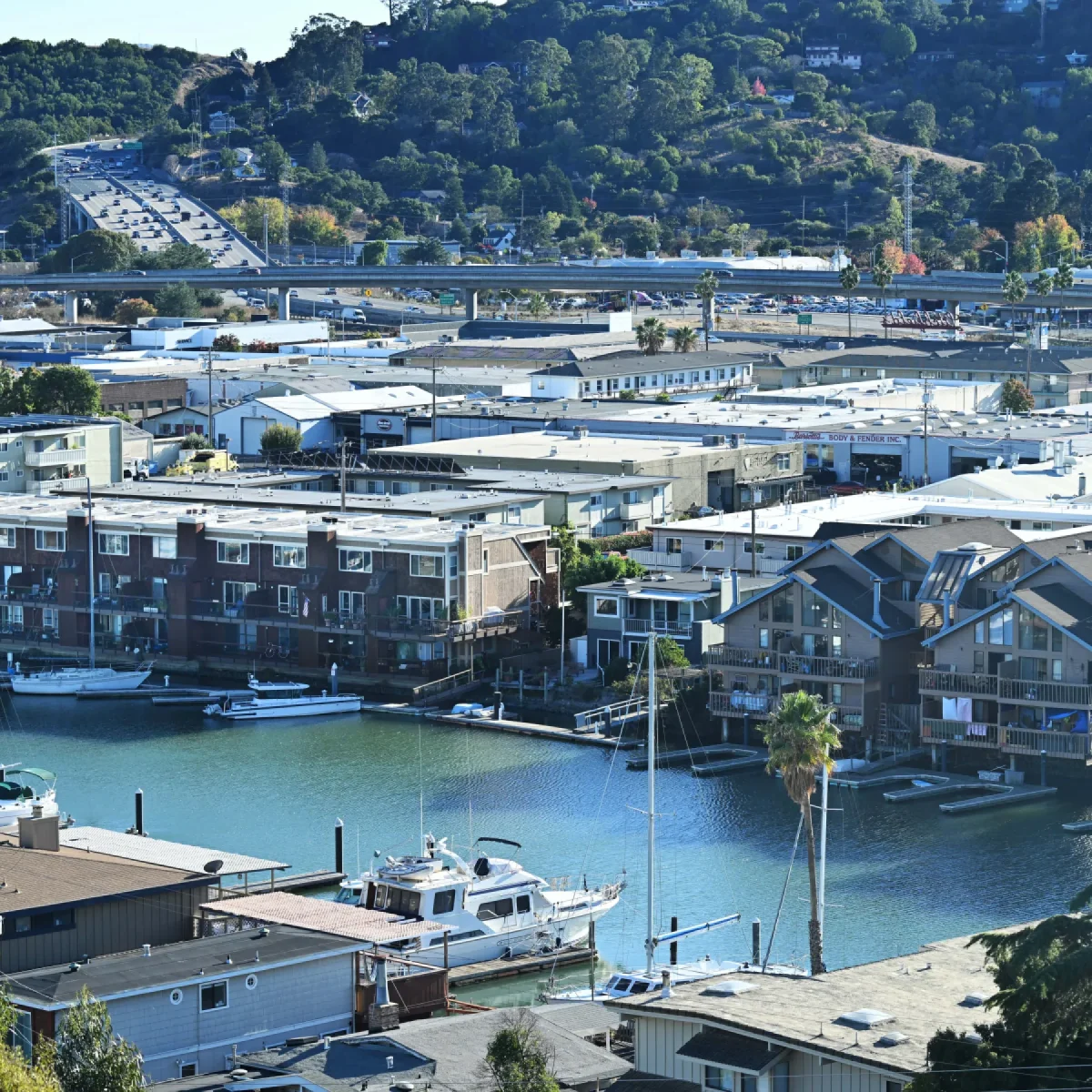
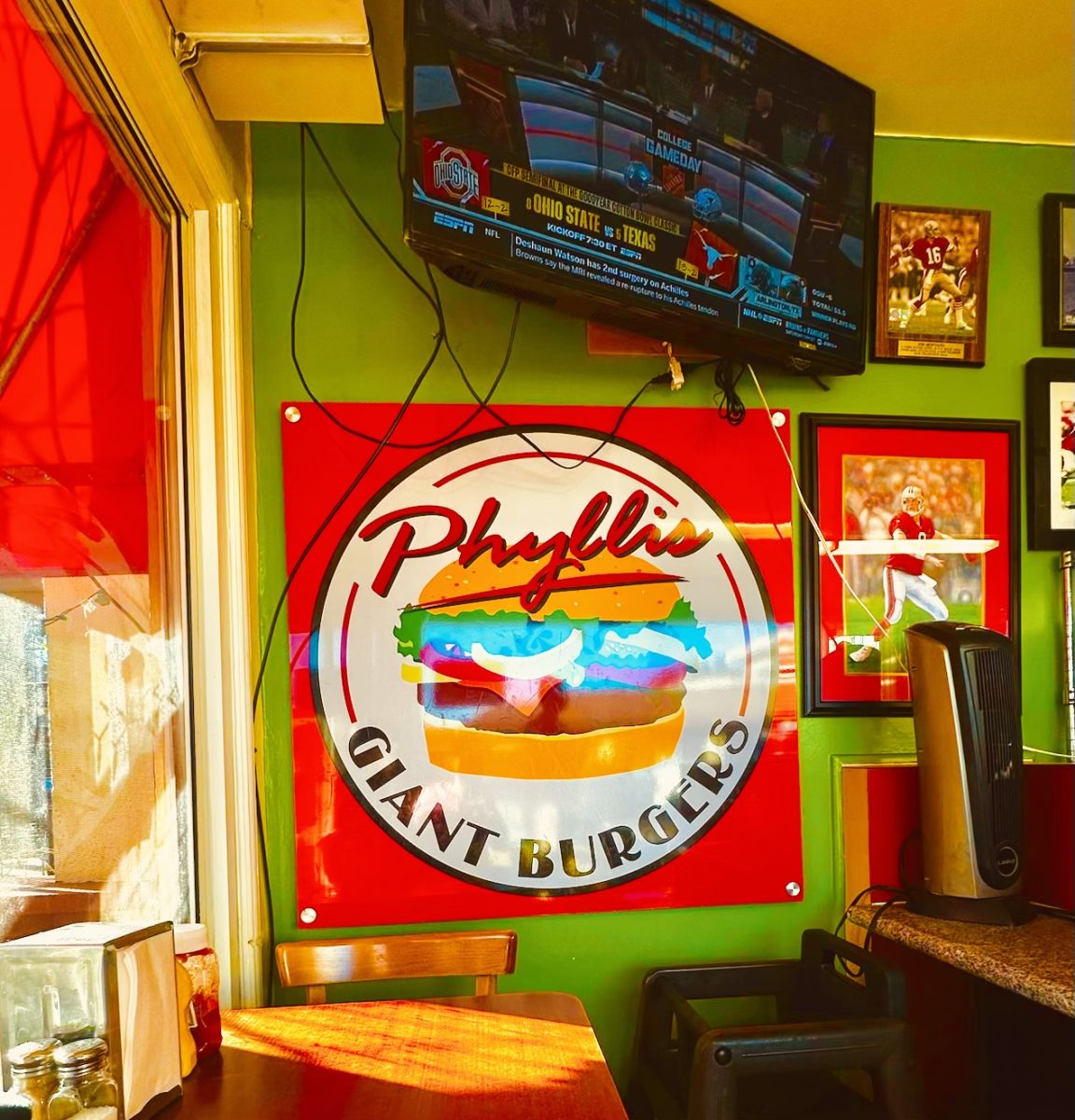

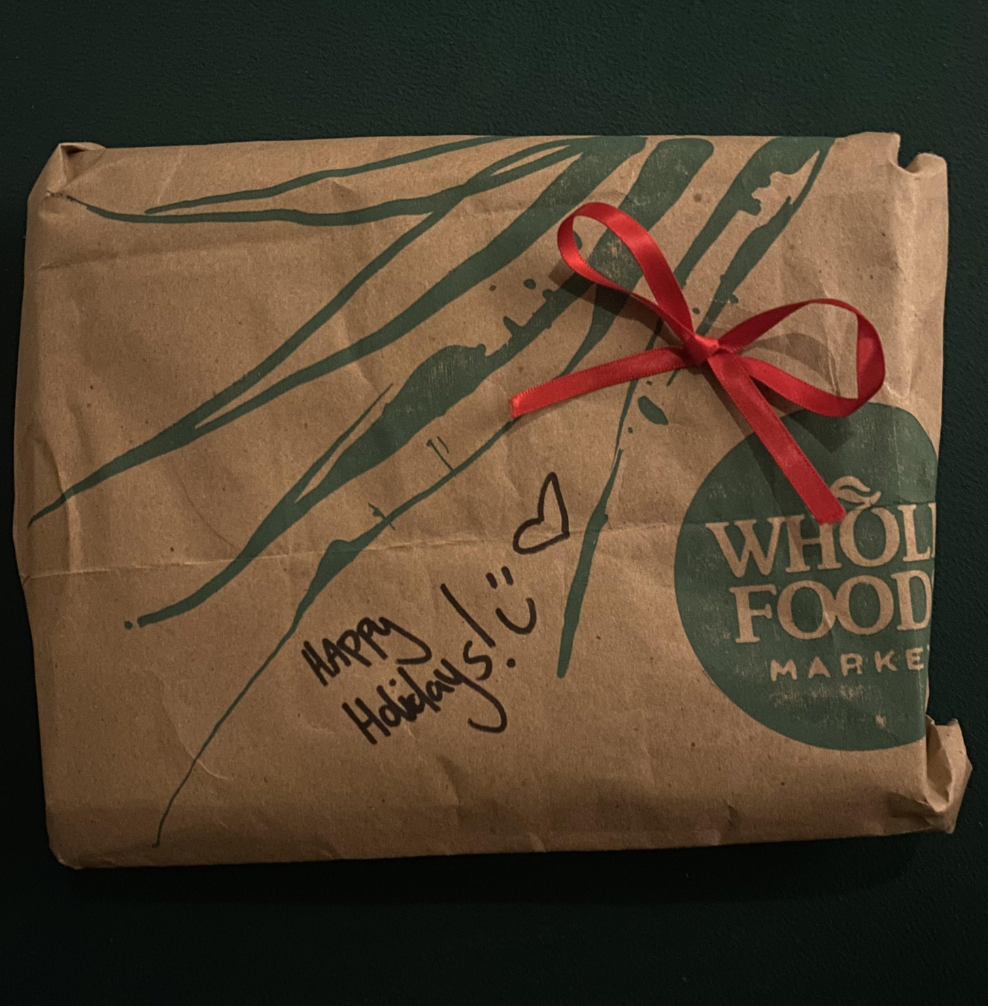
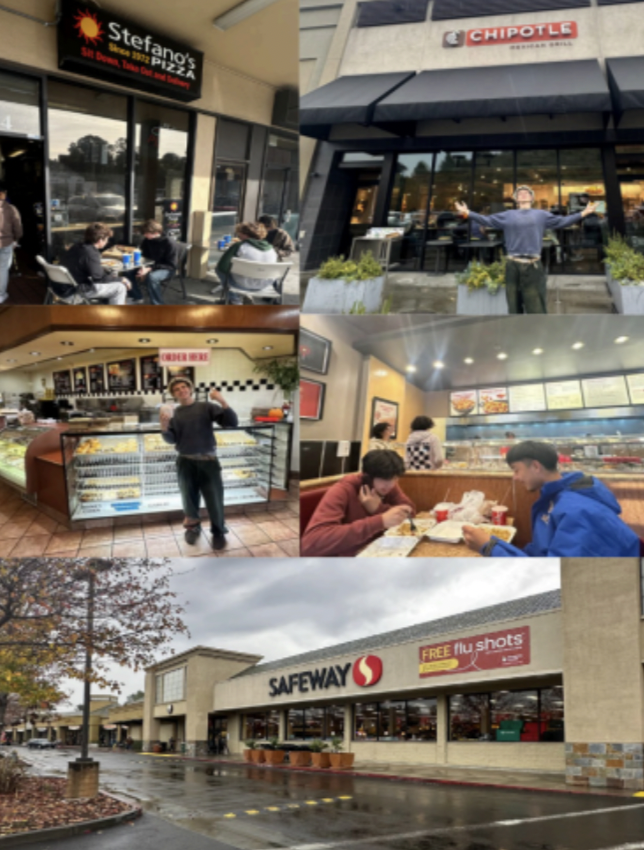
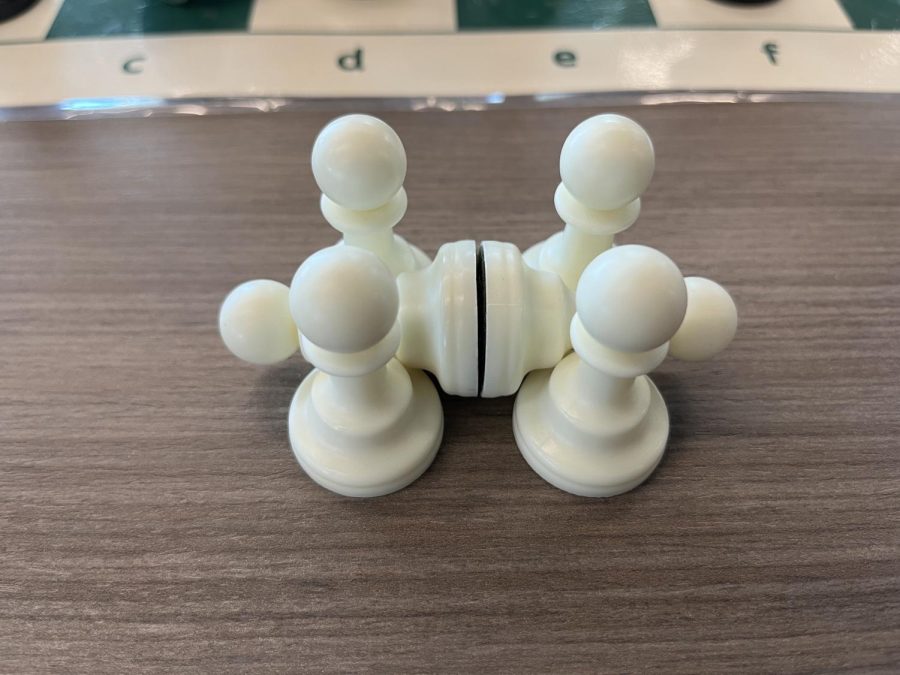
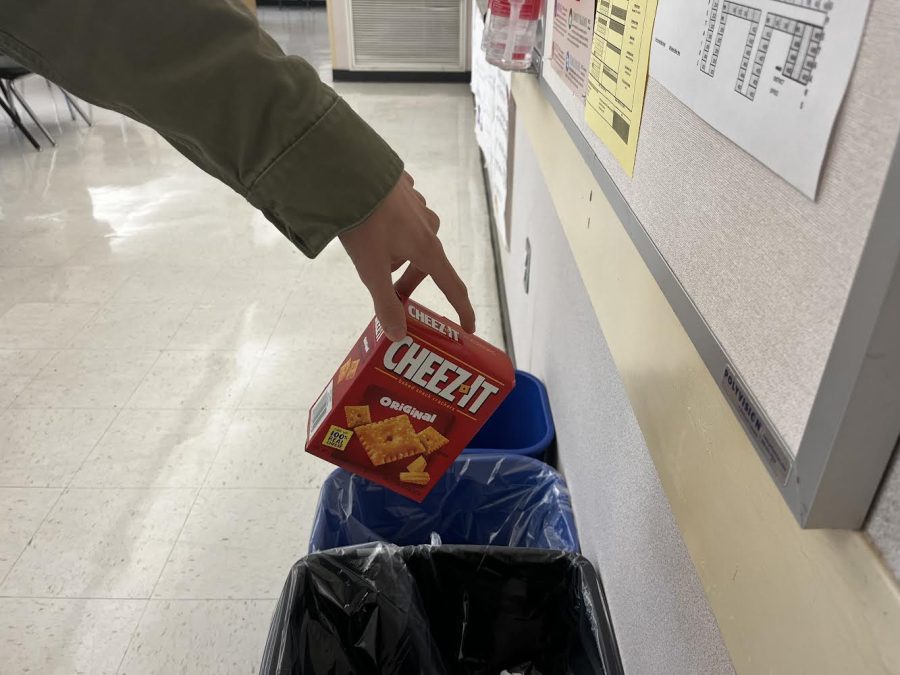
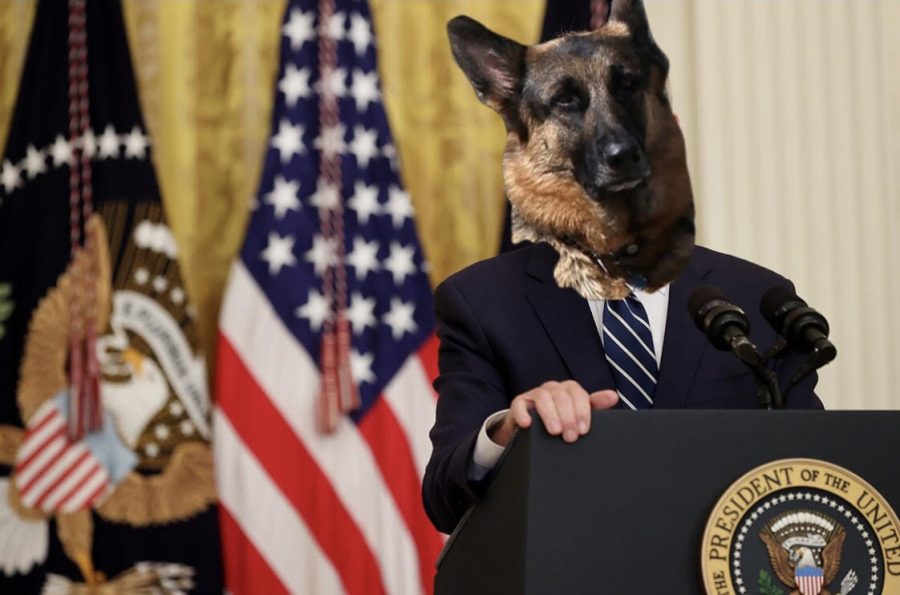

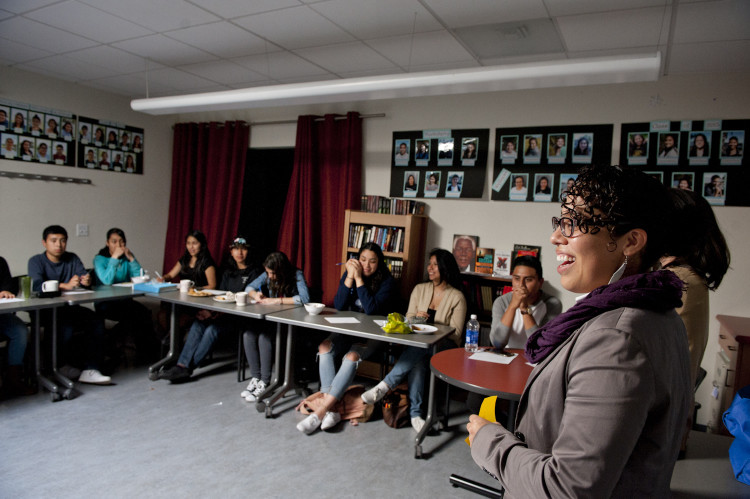
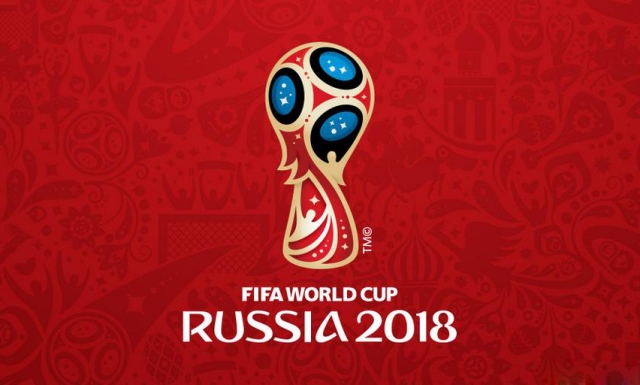

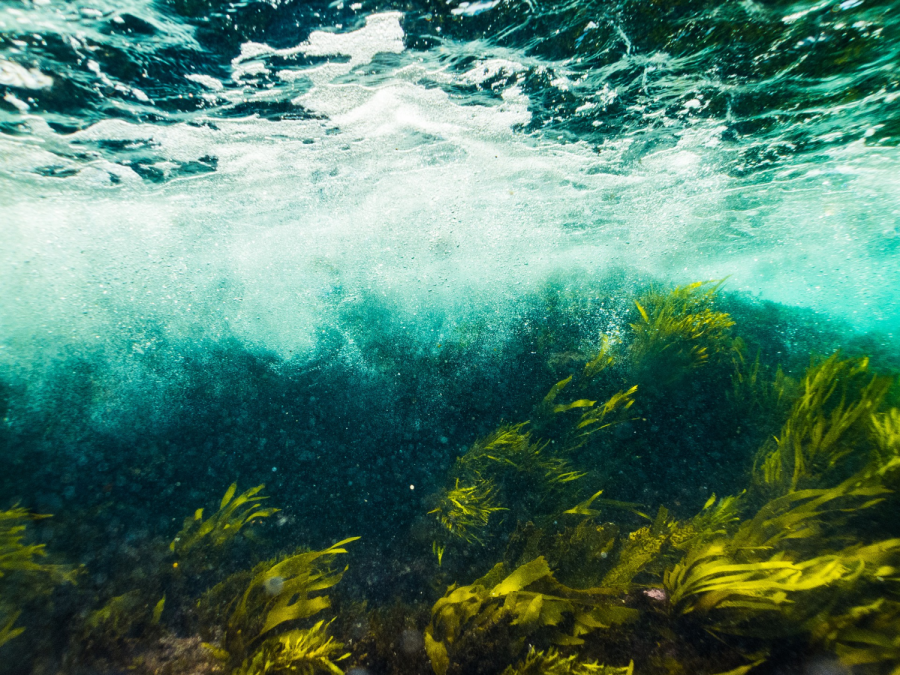
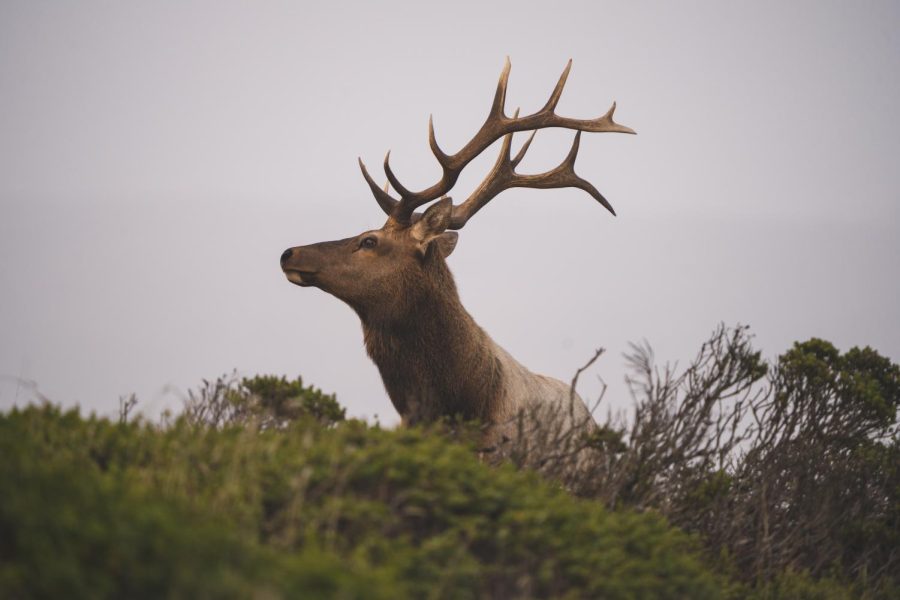
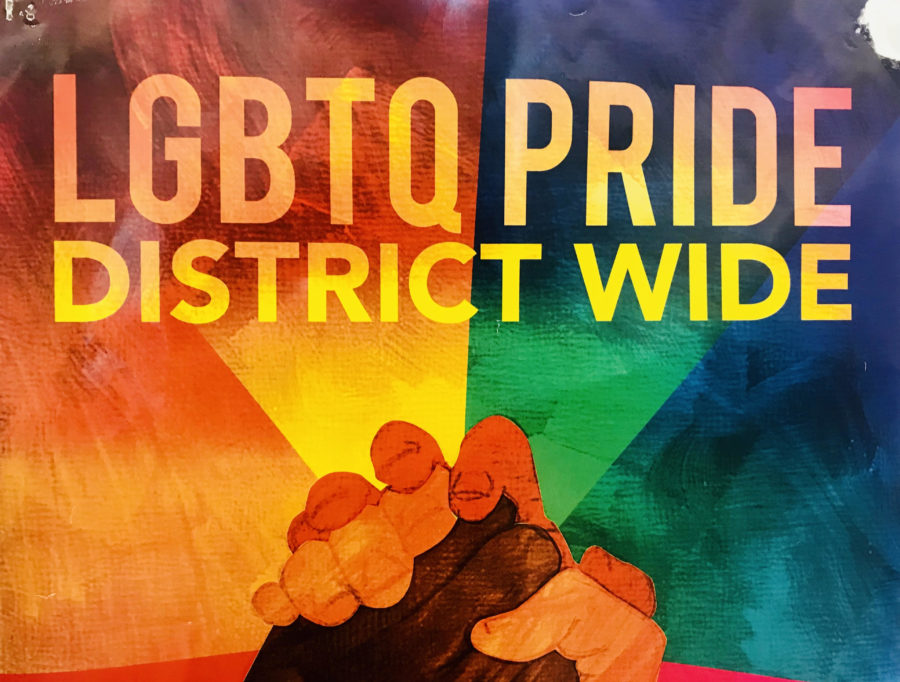
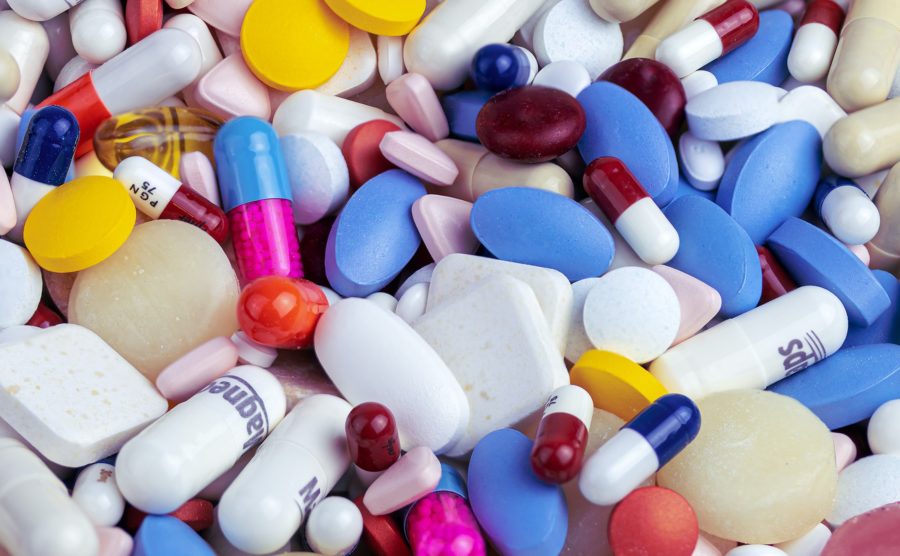
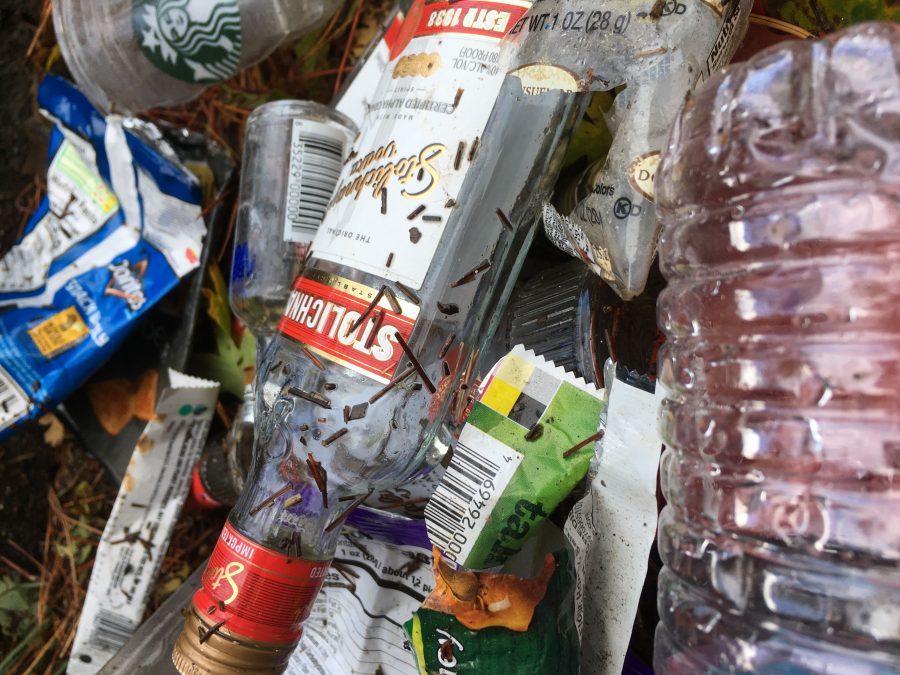
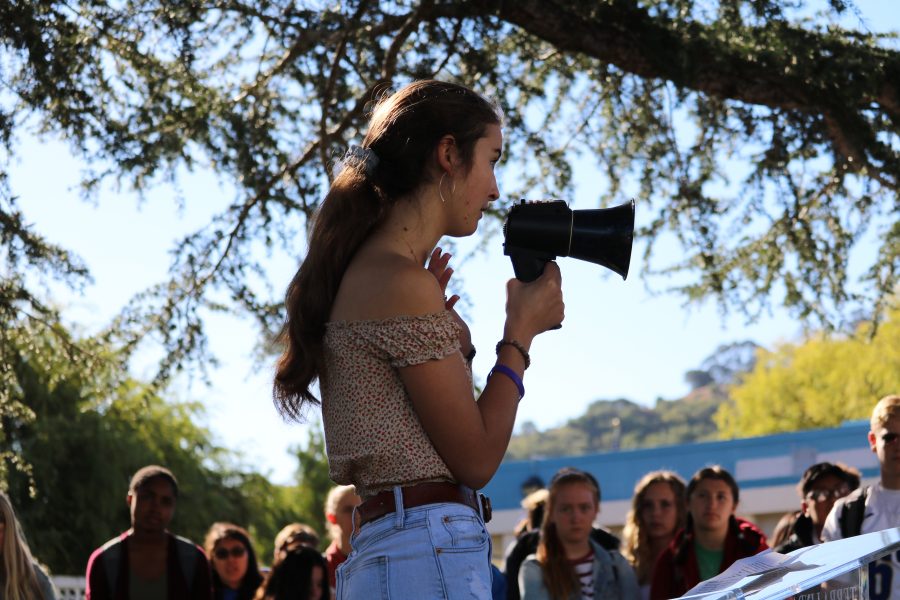
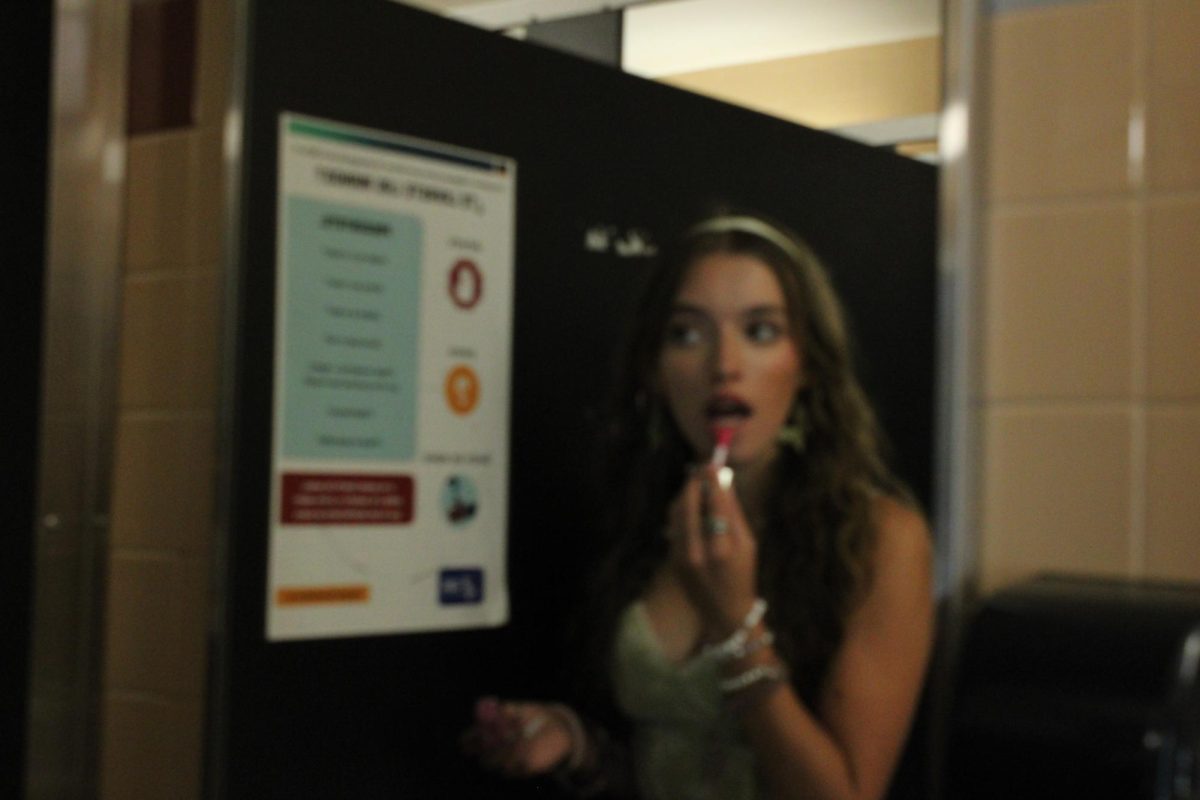
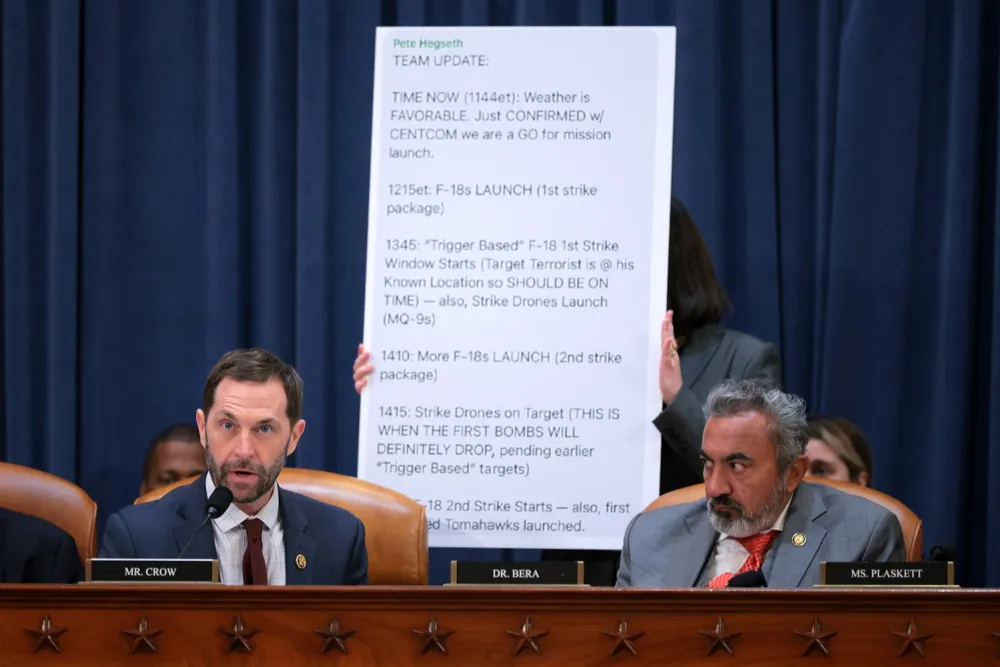
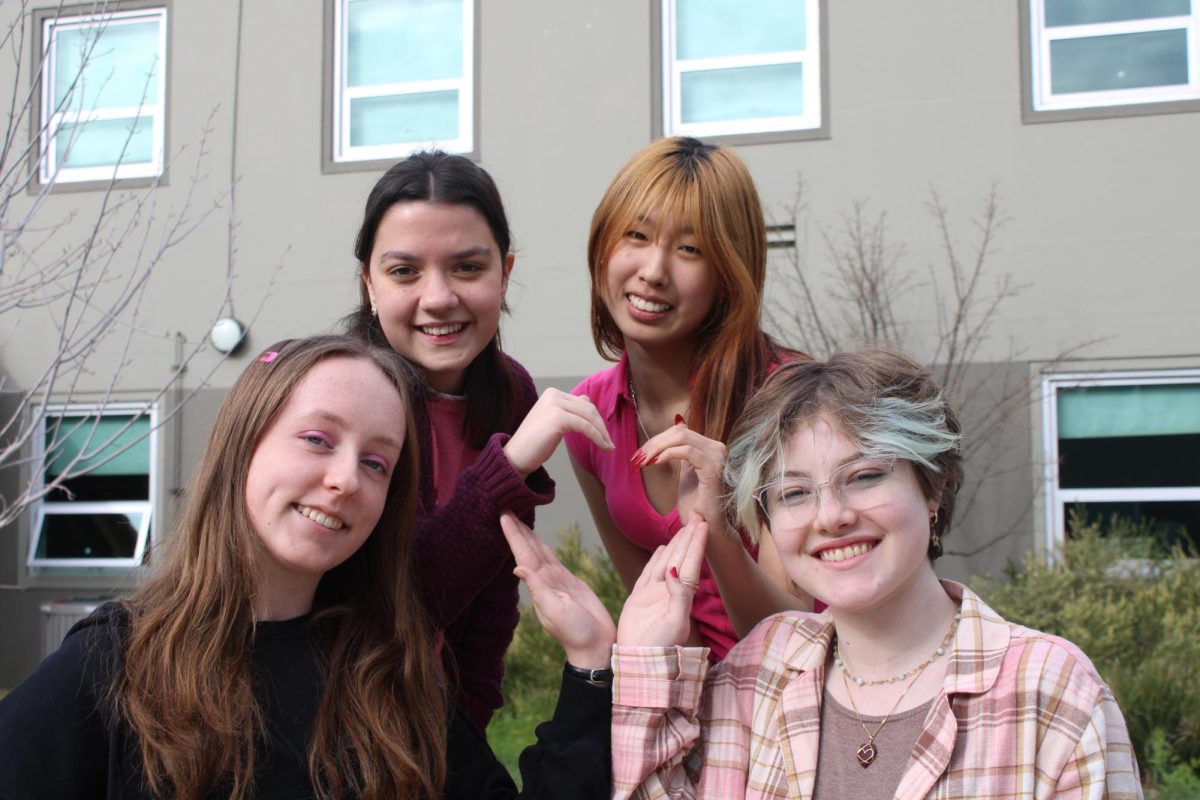


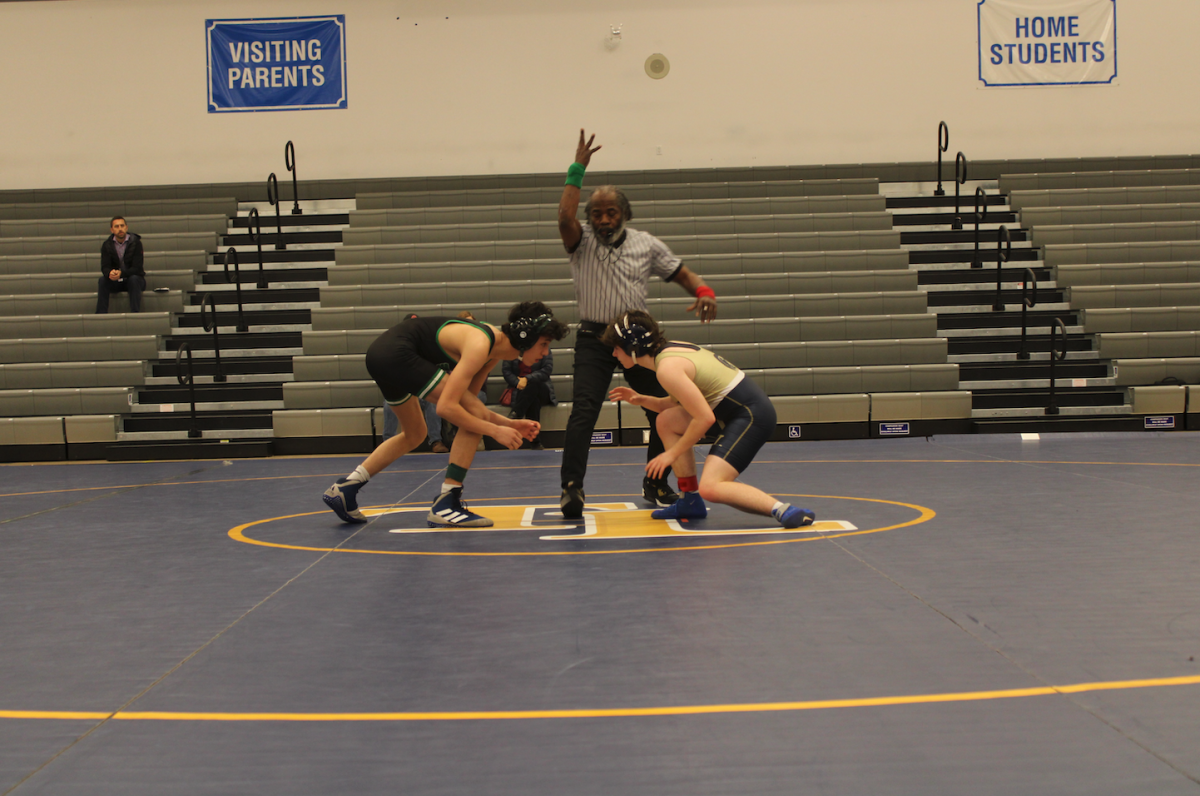


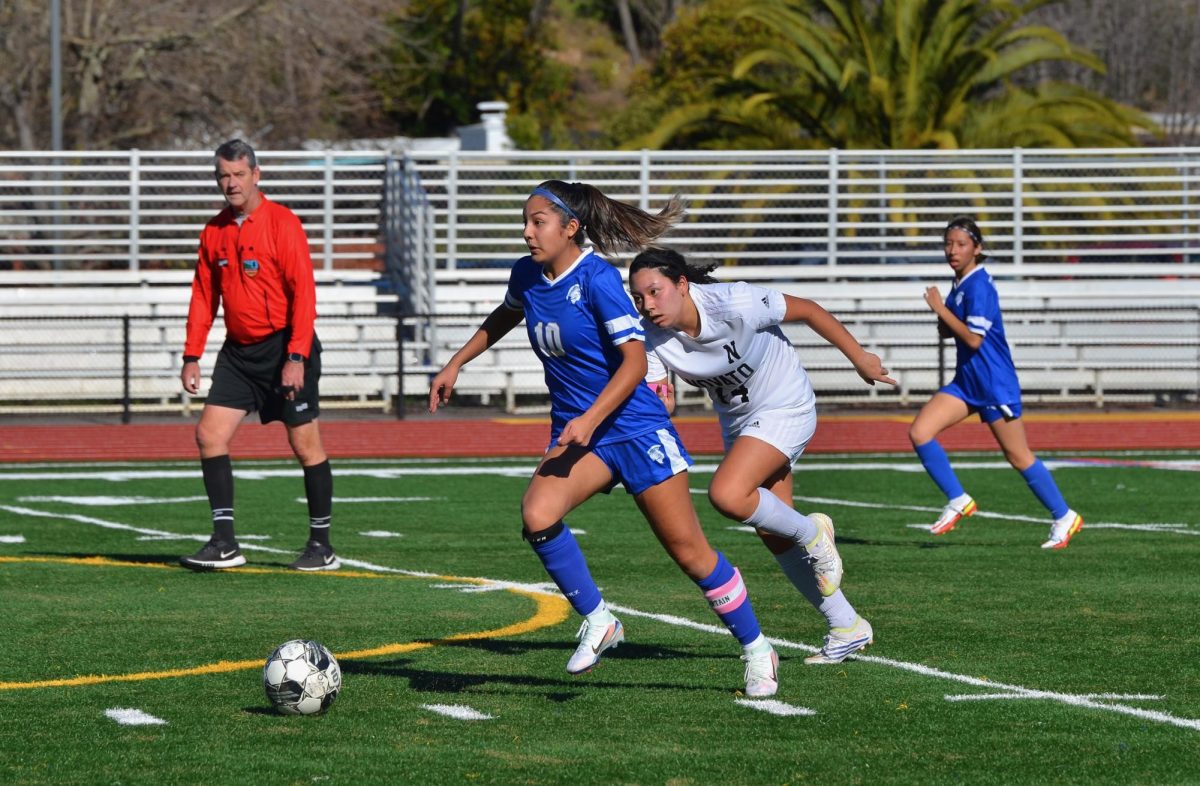

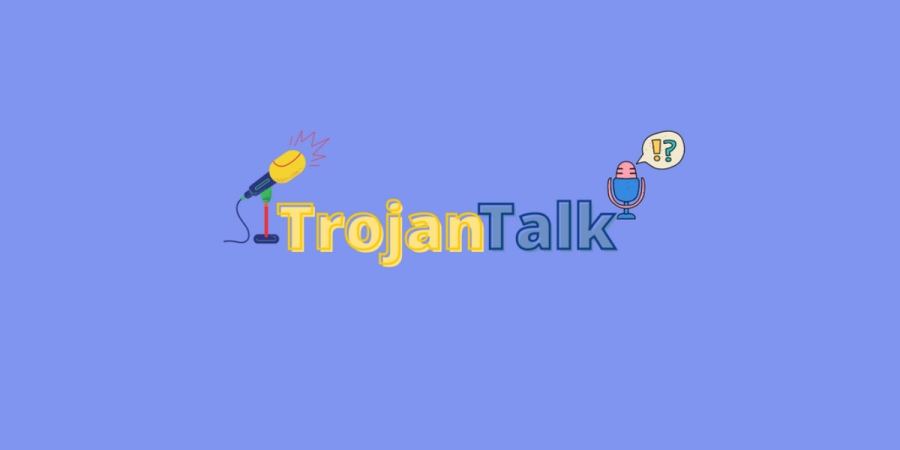

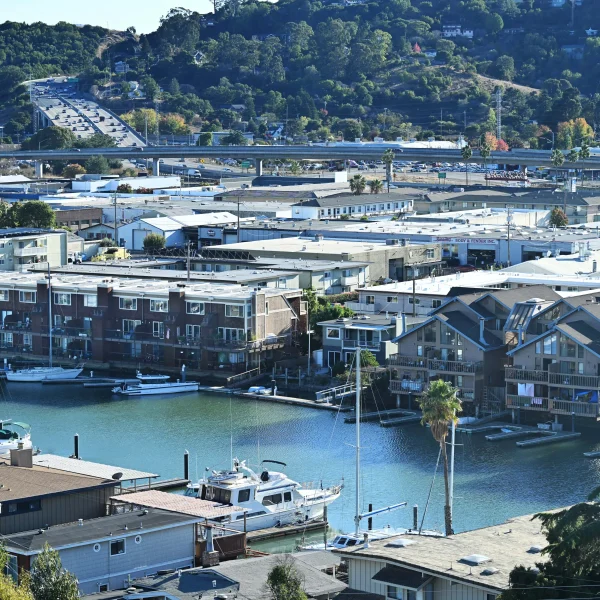
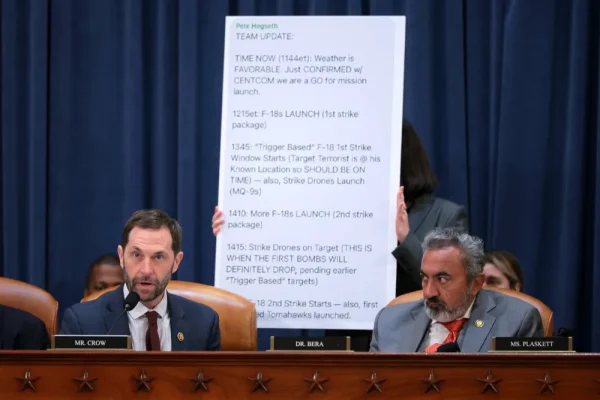
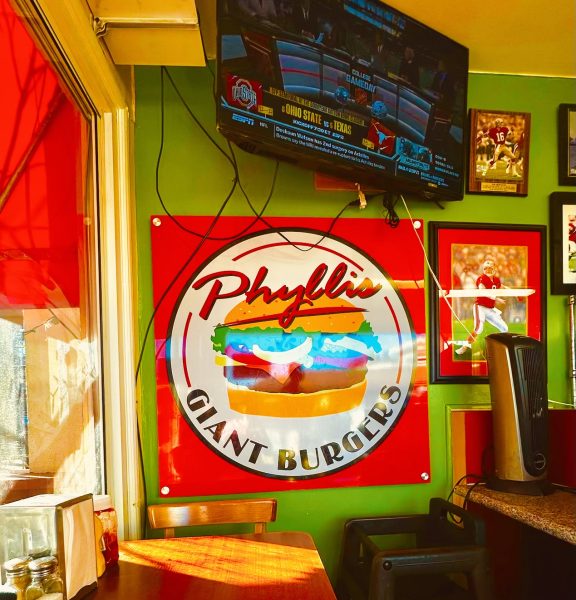
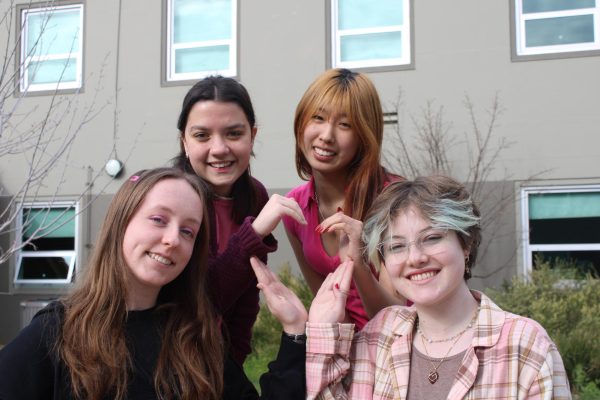

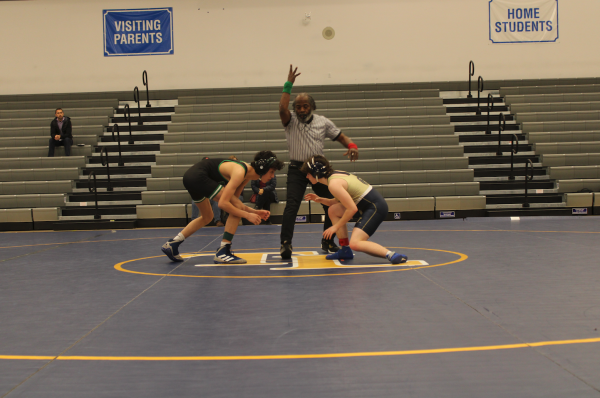
cielo • Mar 7, 2016 at 1:54 pm
well said
Ana Paula • Mar 4, 2016 at 4:48 pm
Amazing article Sessi. I hope everyone can take a little time out of their day to learn about this!!!